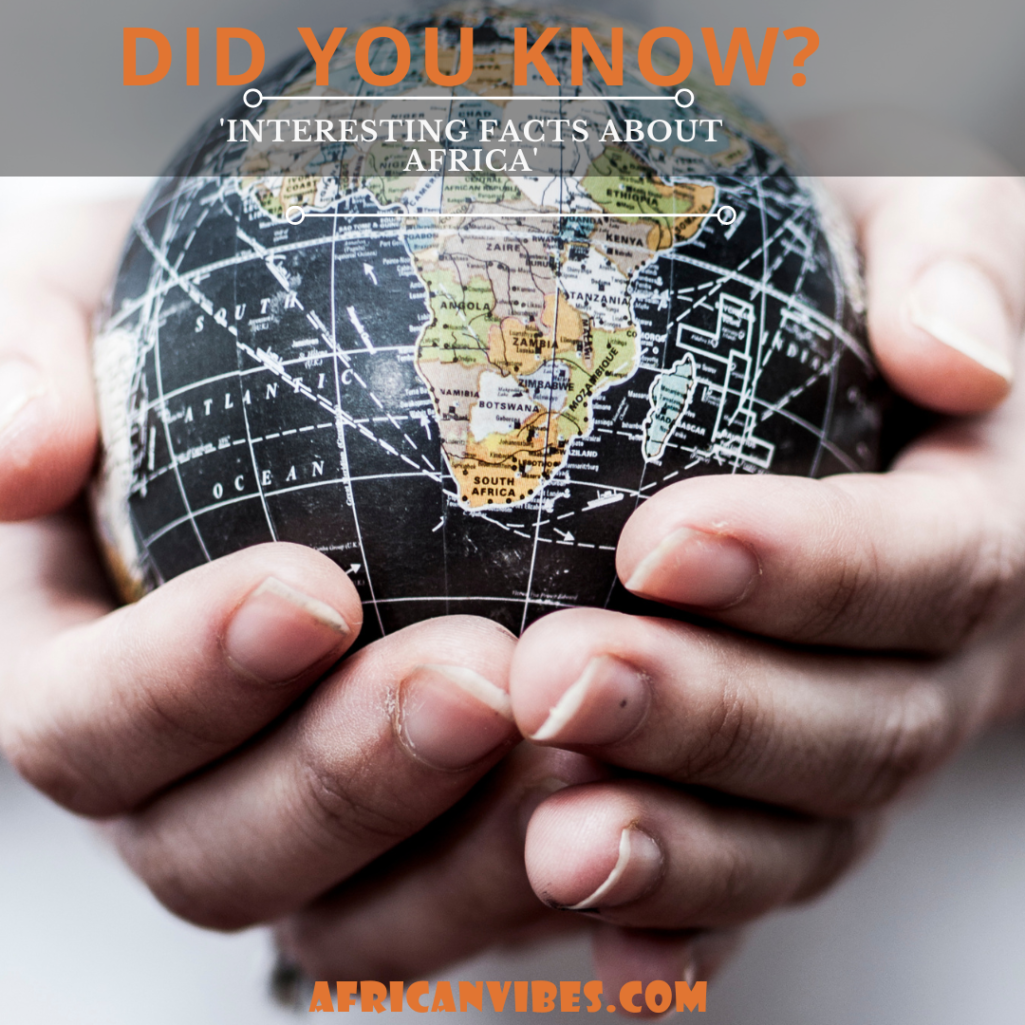Nigeria Is Going After Major Oil Firms For $20 Billion In Back Taxes


The government of Nigeria is asking some foreign oil firms to pay nearly $20 billion backlog tax and royalties. According to Reuters, the affected oil firms include Chevron, Eni, Equinor, ExxonMobil, Shell, and Total. The letter from the debt-collection arm of the Nigerian National Petroleum Corporation (NNPC) is asking the defaulting companies to pay between $2.5 and $5 billion. In confirmation and response to the letter, spokesman for Norwegian Equinor said,
“Several operators have received similar claims in a case between the authorities in Nigeria and local authorities in parts of the country. [However] Equinor sees no merit to the case.”
A spokeswoman for ExxonMobil said the U.S. Company “is reviewing the matter”. Chevron, Eni, Shell, and Total have remained silent. Likewise, the NNPC declined requests to comment on the issue.
The source of Nigeria $20 billion tax crisis
The source of the tax crisis remains unclear. This is partly because of the silence from the presidency and the NNPC. However, reliable sources claim the federal government and host states recently reached an agreement on the distribution of proceeds from oil and gas. Consequently, the federal government agreed to pay billions of US dollars to host states. A source at an oil and gas company believes the tax is an attempt by the government to shift its responsibility to the oil companies.
“This looks like an internal dispute between the federal and local governments. The central government is simply trying to shift to the IOCs (International Oil Companies) money it owes.”
How the tax dispute can affect Nigeria’s economy
Oil contributes to about ninety-five percent of Nigeria’s export earnings according to the International Monetary Fund. Production sharing and the establishment of joint ventures are the most popular partnerships between the federal government and oil firms. In addition to providing the state with oil and gas, the companies also pay royalties and taxes to the government.
The Royal Dutch Shell company said the tax claims can delay the Bonga South West’s Final Investment Decision (FID) from 2019 to 2020. The oil field at the Bonga Southwest deepwater is one of the nation’s largest with a production capacity expected to reach 180,000 barrels per day (bpd).
Dr. Emmanuel Kachikwu, Nigeria’s Minister of State for Petroleum Resources said defaulting companies may lose their license. Shell is the largest oil investor in Nigeria. According to OPEC, Nigeria’s crude oil production reached 1.792 million bpd in January 2019 from 52,000 bpd in December 2018. Accounting for the bulk of the country’s foreign exchange earnings, a drop in crude oil will definitely have a huge impact on the nation’s economy.
How revoking of licenses will affect oil firms
Accompanying the threat of revocation of license by Dr. Kachikwu is the revelation of the huge amount of recovered royalties. Dr. Kachikwu revealed that earlier in February 2019, the Federal Government recovered 1.2 trillion unpaid royalties from the sale of crude oil. According to the NNPC, Nigeria has a production capacity of 2.5 million bpd which ranks the country as the largest producer in Africa and sixth in the world. The loss of license would be a loss of production capacity for the impacted IOCs.
In December 2018, a prosecuting witness for the Economic and Financial Crimes Commission (EFCC), Mr. Emefun Etudo alleged that Trafigura PTE Ltd and Trafigura Beheer BV owed the Federal Government unpaid taxes amounting to $1.6 billion. IOCs have been guilty of breaching Memoranda of Understanding (MoU) signed with host communities. This is often the cause of conflict between the IOCs and their host communities.







Responses